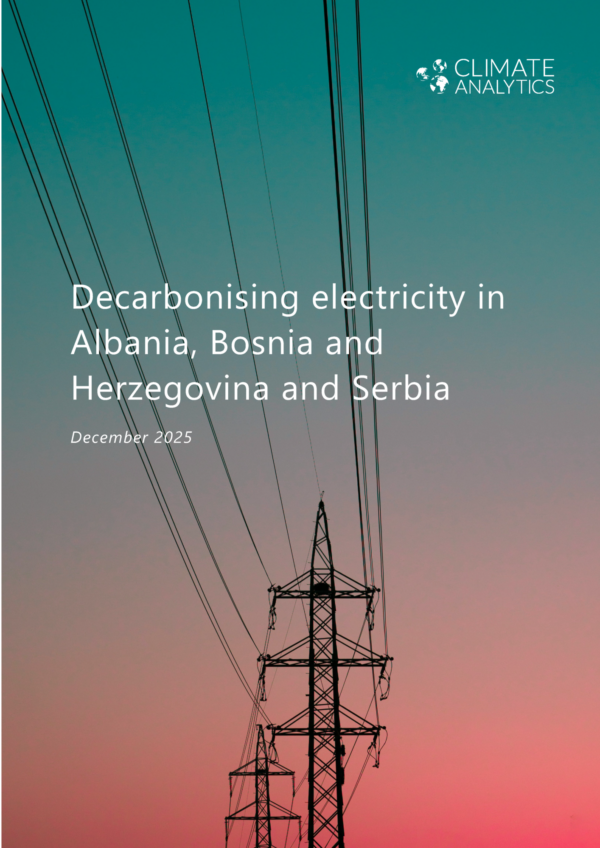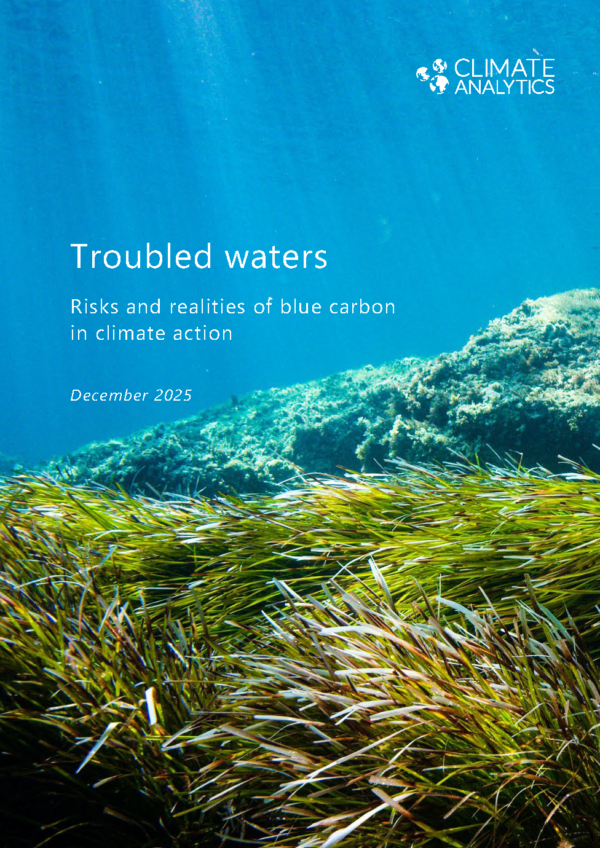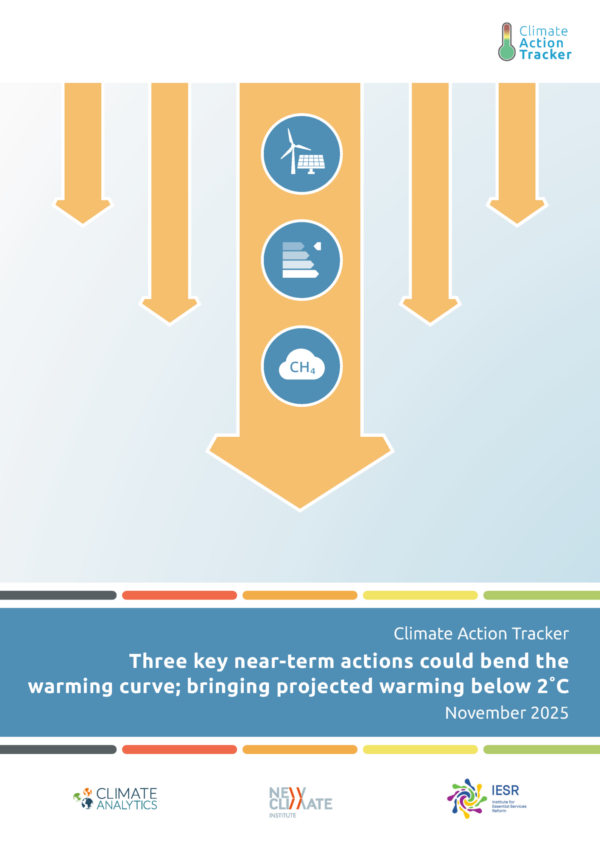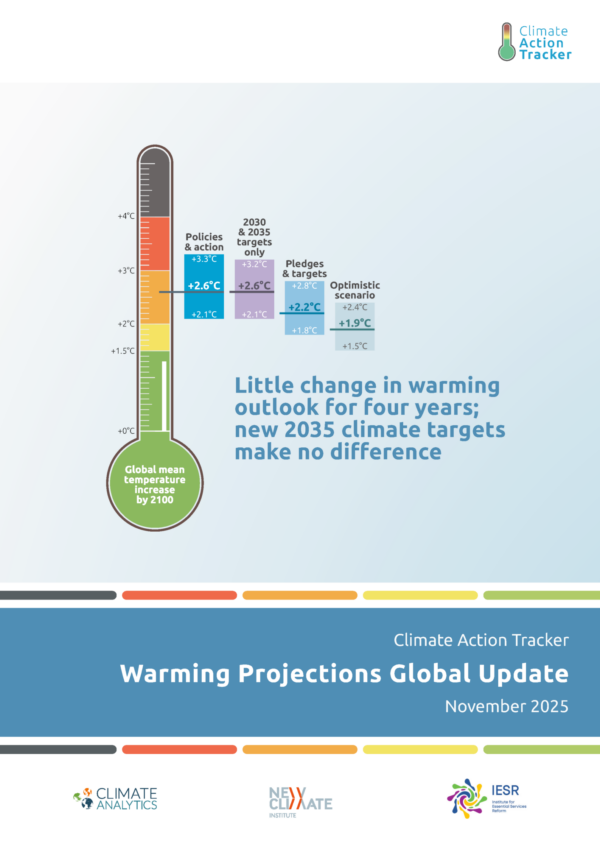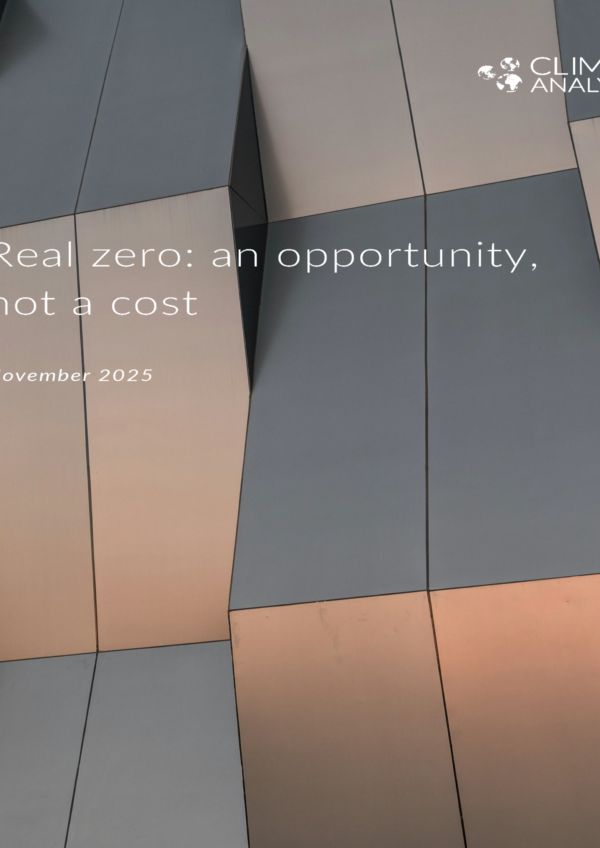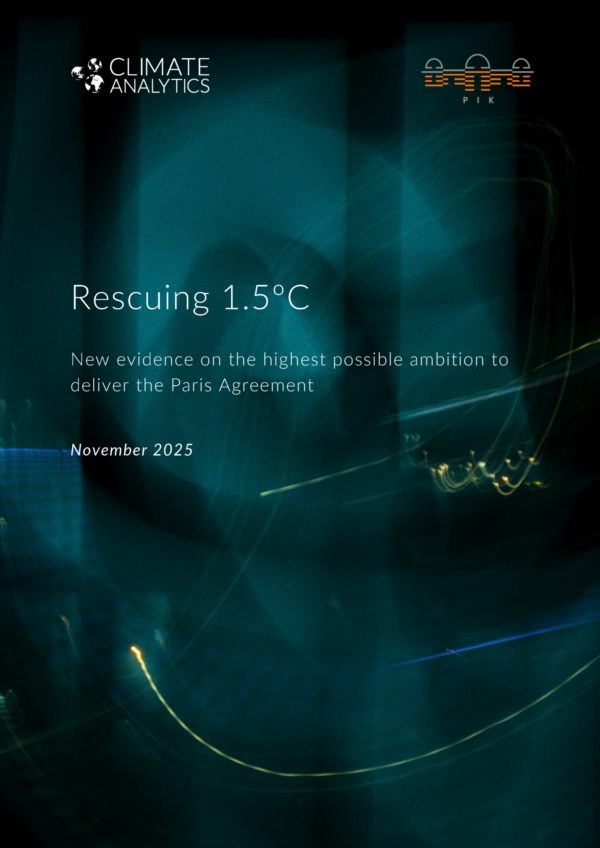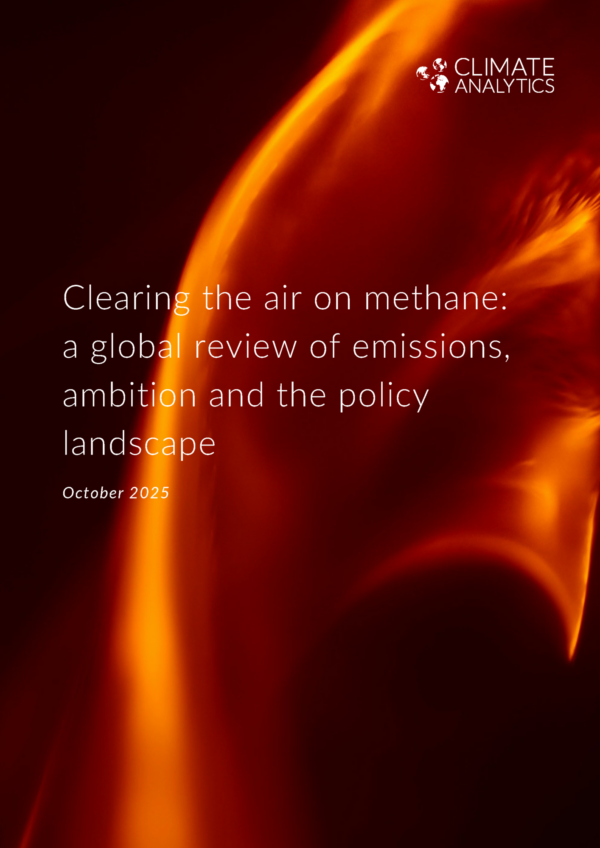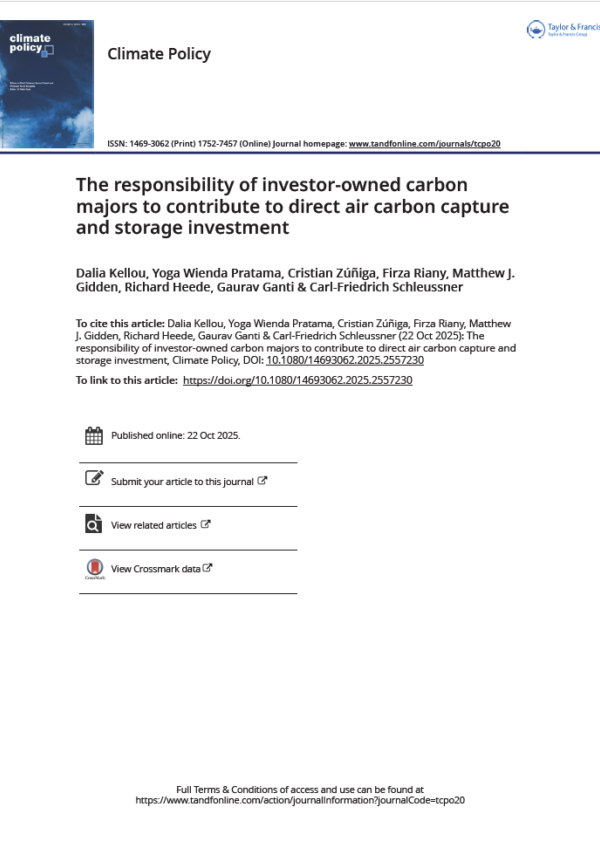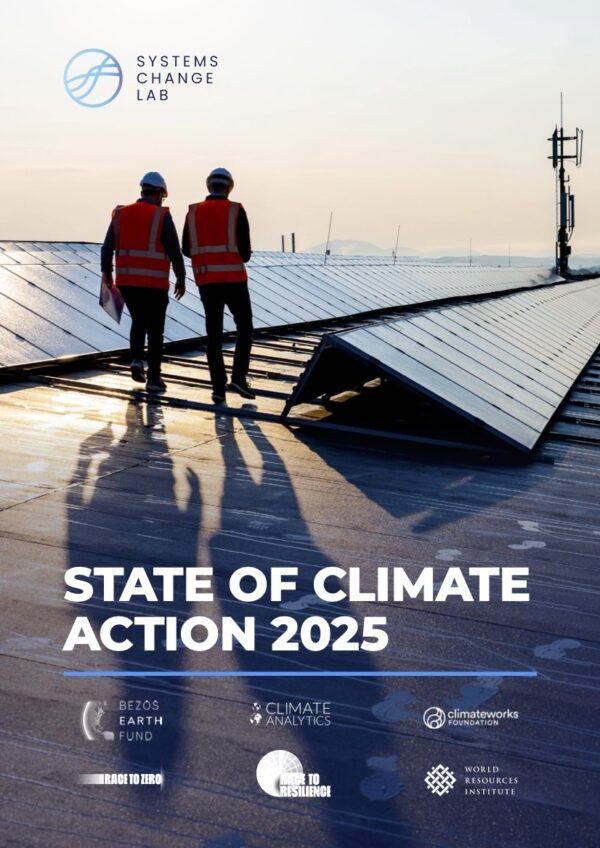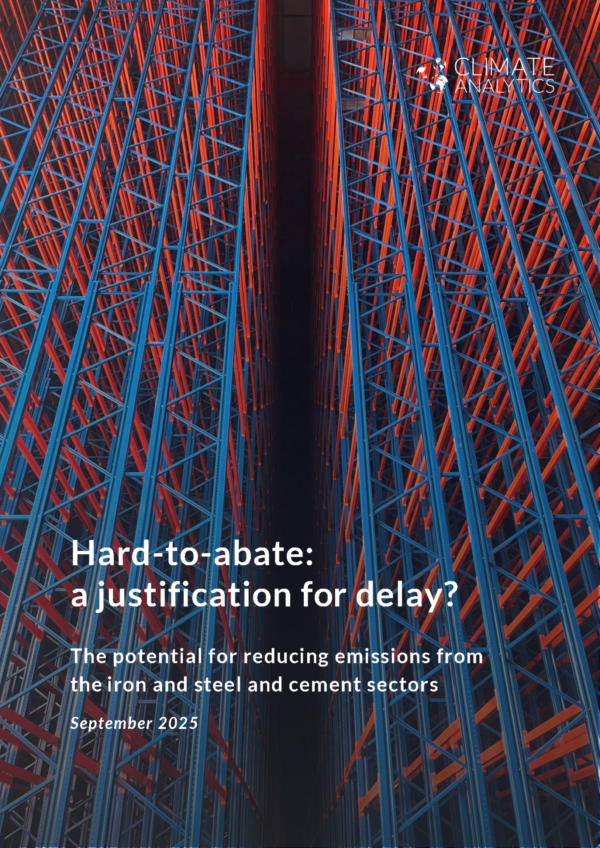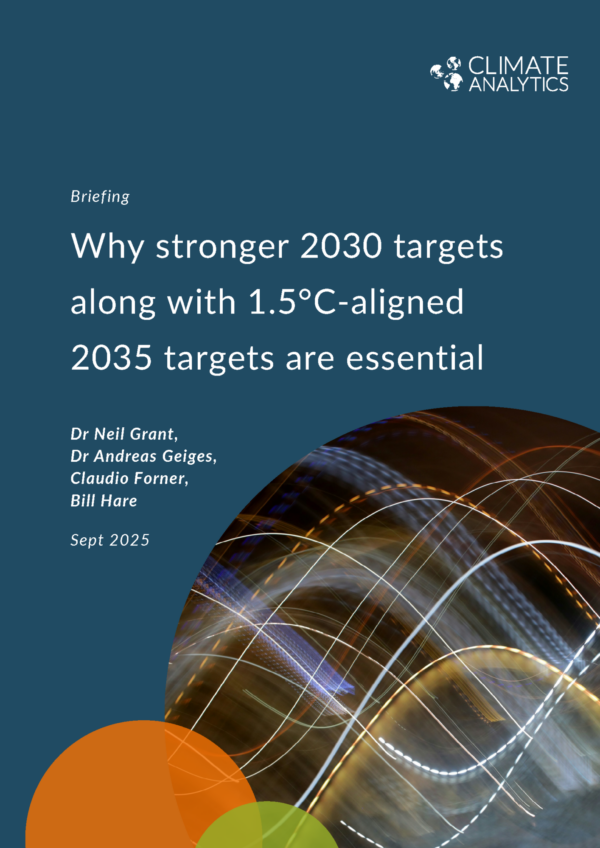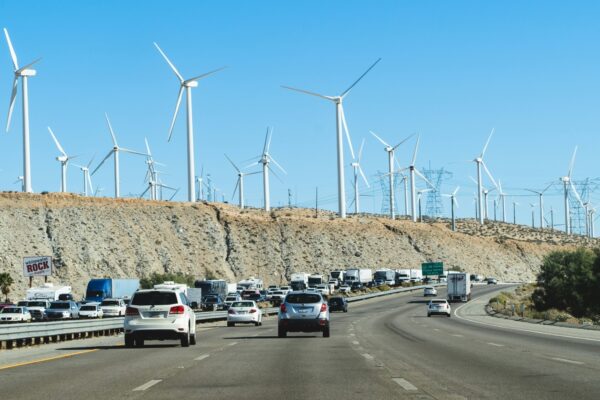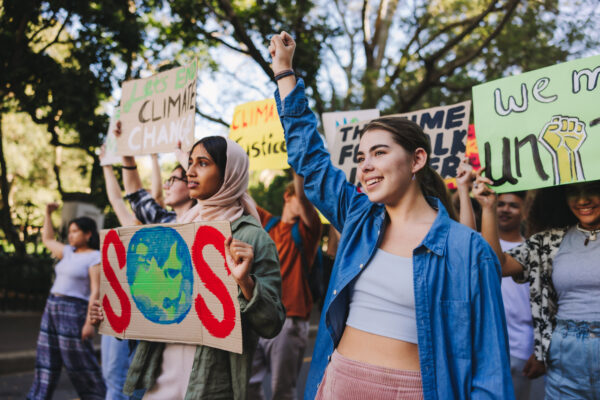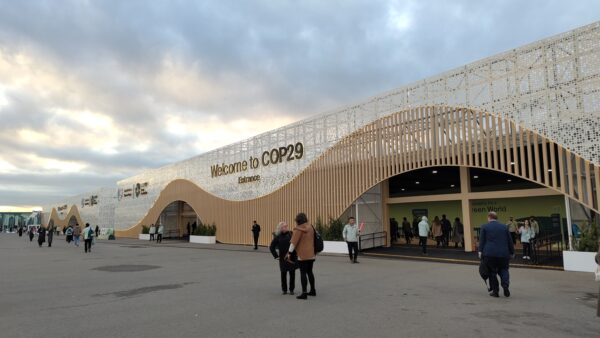Decarbonisation targets and 1.5℃ pathways
Share

Climate change calls for an international response, but also requires government and industry action to meet our global goals. We know that to prevent dangerous, irreversible climate change, the world needs to limit warming to 1.5°C.
To help governments, civil society and the private sector understand the pace of change required, we develop new methods to calculate the emission reductions needed to decarbonise in line with this planetary limit.
Our work focuses on:
- tracking global and national climate action
- assessing the adequacy of national targets and sectoral policies
- setting benchmarks in areas such as fossil fuel phase-out and renewables scale up
- assessing and modelling different mitigation options and their co-benefits
- identifying national investment needs for the energy transition
Our experts

Claudio Forner
Head of Climate Policy

Dr Jan Sindt
Head of Implementation Strategies

Dr Lara Welder
Deputy Head of Climate Policy

Sofia Gonzales-Zuñiga
Senior Climate Policy Analyst
Projects

1.5°C national pathways
The 1.5°C national pathway explorer, developed in collaboration with the IKEA Foundation, uses global and regional IPCC models to develop national and sectoral decarbonisation pathways.
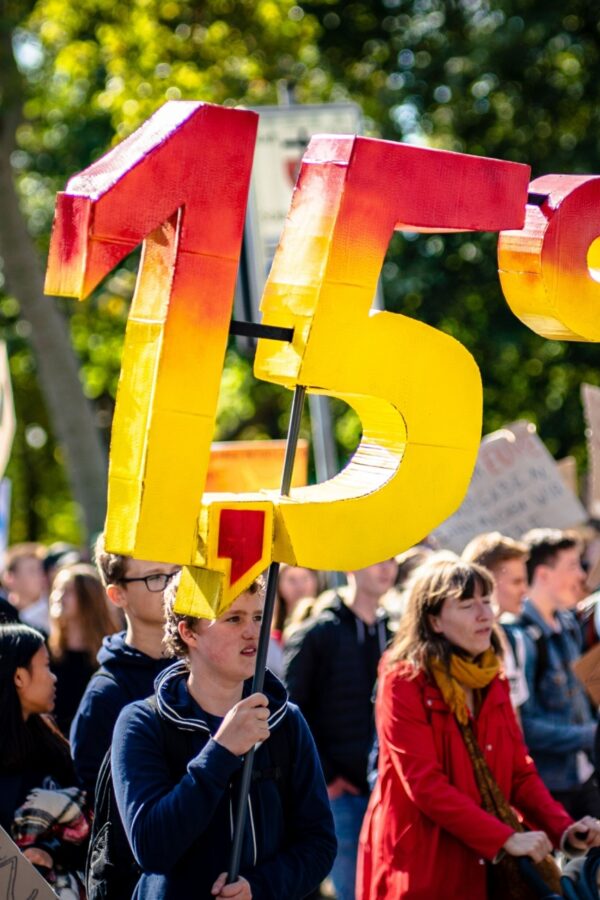
Climate Action Tracker
The Climate Action Tracker is an independent science-based assessment, which tracks the emission commitments and actions of countries.

Analysing issues of fairness for carbon dioxide removal
The Carbon Dioxide Removal Options: Policies and Ethics (CDR-PoEt) project examines policy instruments and pathways towards fair deployment of carbon dioxide removal to meet the objectives of the Paris Agreement.

Assessment of mitigation pathways and cost estimates
The Assessment of climate change Mitigation Pathways and Evaluation of the Robustness of mitigation cost Estimates (AMPERE) project makes multi-model comparisons to better understand climate and cost uncertainties.

Next generation of advanced integrated assessment modelling to support climate policy making

Land management strategies to mitigate and adapt to climate change
The project aims to investigate how changes in land cover and land management can help to meet the mitigation and adaptation objectives of the Paris Agreement, and the Sustainable Development Goals.
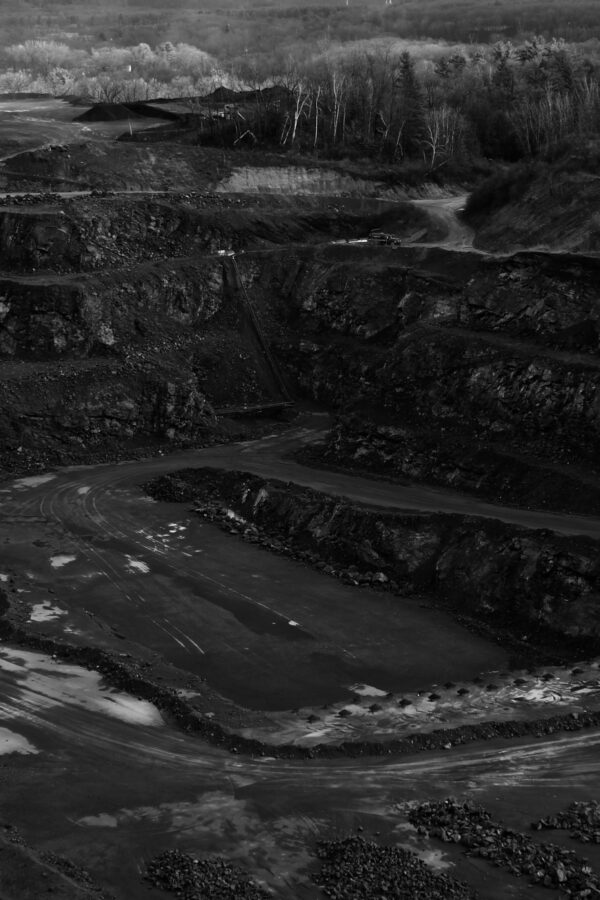
Coal phase-out
Coal is the most carbon intensive fossil fuel - phasing it out is key to achieving the 1.5°C Paris Agreement goal. Most emissions from coal are in the electricity sector, so coal’s phase-out is relatively cheap and easy, as the technologies that can replace it already exist. Our research shows coal needs to be phased out globally by 2040 for the world to meet its climate commitments.

4I-TRACTION: transformative climate policies for the EU

Closing gaps in the passenger policy framework
This project seeks to identify overlaps in the policy framework for passenger transport emissions in Hungary, Lithuania, Poland and Romania and close the existing gaps, providing examples of best practice from other countries.
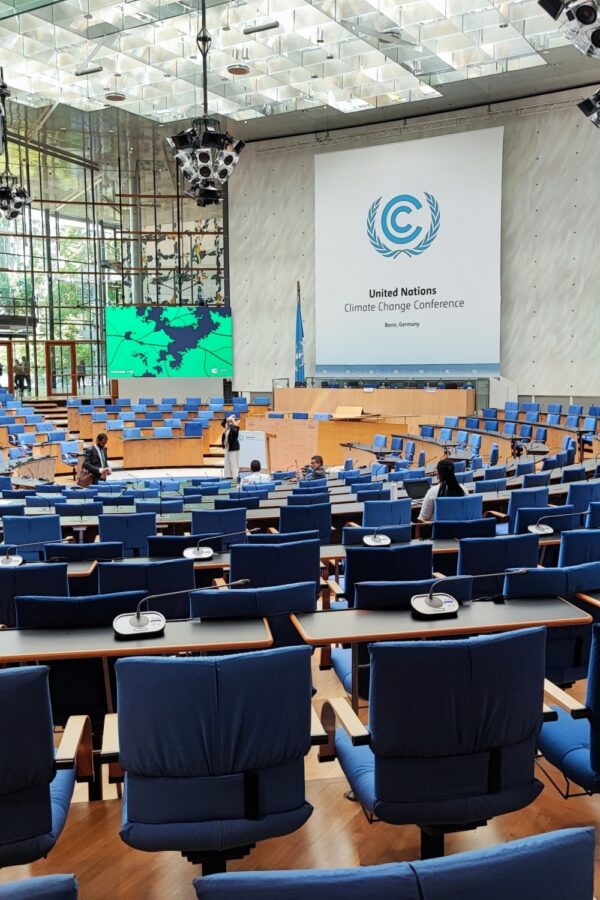
Climate ambition support
Supporting climate-vulnerable countries in strengthening their roles and voices in international climate negotiations.

Climate mitigation potential for European forests and forest-based sectors

Assessing the differences in climate impacts between 1.5°C and 2°C

Central and Eastern Europe climate policy frontiers

Breaking down siloed decision making on climate for the EU 2020 Strategy

Support for preparing Intended Nationally Determined Contributions
We assisted the Governments of a number of countries in their domestic preparation for the formulation of their intended nationally determined contributions (INDCs), in the context of the 2015 climate agreement.

Turn down the heat report series
From 2012 to 2014 we authored a series of reports for the World Bank looking at the impacts of climate change in a 4°C world with an emphasis on the impacts for the most vulnerable.
